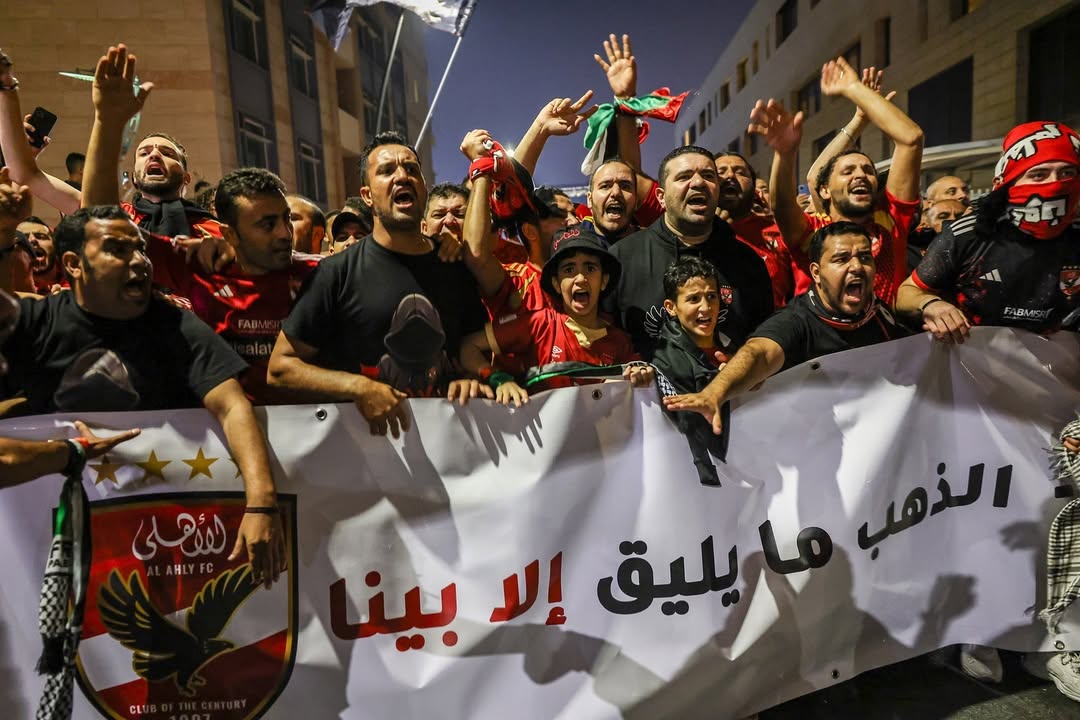Kuwait has won the trophy ten times, with Saudi Arabia, Qatar, and Iraq coming in second with three wins each.
Over the past few decades, Arabian Gulf football has produced some iconic national teams, and Kuwait has arguably been one of the most successful in the region.
It might be hard to believe, but there was a time when Kuwait won the Asian championship, participated in the FIFA World Cup, and advanced to the Olympic quarter-finals.
The team’s success would follow quickly on all fronts, but the seeds of Kuwait’s dominance were sown at the regional Gulf Cup of Nations.
The Blue Wave won the first four tournaments in the 1970s before Iraq entered the competition and became their main rival, with the two countries splitting the six tournament titles held between 1979 and 1990.
But how did Kuwait achieve this success, and why did the team’s performance drop suddenly in 2000s?
Kuwait’s early success
The idea for the Arabian Gulf tournament was established at the 1968 Summer Olympics. The first Arabian Gulf Cup took place in 1970 and was won by Kuwait.
Kuwait has been the most successful team in the tournament’s history, winning 10 tournaments out of 24 in total, while Saudi Arabia, Qatar and Iraq all have three titles.
The story of Kuwait’s success begins in 1978, when a rarely-known Brazilian named Carlos Alberto Parreira arrived, and over the next four years, he would not only give Kuwait its best years but also ultimately lay the groundwork for a career that would make him one of the greatest football coaches of all time.
Another of Kuwait’s most famous managers was Luiz Felipe Scolari, who won the World Cup with Brazil but was forced to leave the country following Iraq’s invasion in 1990. Kuwait won the Gulf Cup in 1990, defeating Qatar in the final.
Between 1970 and 1990, Kuwait had its most successful years, with players such as Jasem Yaqoub, Faisal Al-Dakhil, and Saad Al-Houti.
Global success during the 1980s-2000s
After conquering the continent in 1980 by winning the Asian Cup, coach Parreira’s next challenge was to take Kuwait to unprecedented heights. Passing this test would mean he could finally declare himself to the world of football on the biggest stage; the 1982 World Cup, which was held in Spain.
Kuwait’s incredible 6-0 and 4-0 wins over Thailand and Malaysia respectively allowed the team to set up a showdown against Korean Republic for a place in the final qualifying group. With both teams locked on four points, Abdulaziz Al Anbari and Nassir Al Ghanim stepped up and helped Kuwait to repeat their 1980 victory.
An entertaining 2-2 draw confirmed Kuwait would be the AFC’s sole representatives in Spain, after New Zealand pipped China PR in the tie-breaking play-off to join Kuwait at the 1982 FIFA World Cup.
Kuwait managed a point and two goals during the tournament – the point coming after a spirited performance against Czechoslovakia, with the Europeans’ goal coming from a penalty scored by Antonin Panenka, while Al Dakhil blasted a stunning shot to secure his country’s first and only ever point at a FIFA World Cup.
The other goal came in a hectic game against France, scored by Abdullah Al Balushi after a well-executed set play routine.
The Parreira era ended after the FIFA World Cup campaign, and while his successors failed to win qualification to the 1986 and 1990 edition, Kuwait did win three Gulf Cup of Nations titles in the next seven years, and unearthed another great Brazilian manager and would-be world champion in Luiz Felipe Scolari, who guided them to the 1990 Gulf Cup of Nations, culminating an era of great success for Kuwaiti football that is yet to be matched.
The team’s highest FIFA ranking in history was 24th, achieved in December 1998. Bader Al-Mutawa has the most caps for the Kuwaiti team, and Bashar Abdullah has the most goals in Kuwait national football team history.
FIFA suspensions during the early 2000s
FIFA suspended Kuwait from all international football participation on October 30, 2007, citing governmental interference in the national football association. The suspension lasted less than two weeks.
FIFA also suspended Kuwait from all international football participation on October 24, 2008, due to its failure to hold General Assembly elections by mid-October.
The growth and development of other rival teams including Qatar and Saudi Arabia was soon to follow, allowing the Gulf teams to beat Kuwait on three Arabian Gulf tournament titles.
On December 22, 2008, FIFA temporarily lifted the suspension of the Kuwait Football Association, but while Kuwait remained a formidable force in the Gulf, it had faded from Asia’s relevance, failing to advance from the group stage of the 2011 and 2015 AFC Asian Cups, finishing last with no points in both tournaments.
Can Kuwait be expected to bounce back this year?
Kuwait has won ten of the previous 24 Gulf Cups, but in recent years, this former football powerhouse has fallen behind teams it used to routinely defeat.
The failure to qualify for the World Cup was expected, but failing to qualify for the 2023 Asian Cup, particularly their loss at home to a young Indonesian team, was extremely disappointing.
That led to Rui Bento taking the reins, which means there are three Portuguese coaches in charge of teams in Group B in the ongoing Arabian Gulf Cup.
This time round, Kuwait will not have Bader Al-Mutawa, the 37-year-old talisman who is the most-capped international player in history with 196 caps (a total matched by Cristiano Ronaldo during the World Cup), and as a result, the Blues must move on from his era while still searching for a new identity.
However, it’s clear that Bento could be embarking on a new journey with Kuwait by opting for youth in his squad.







